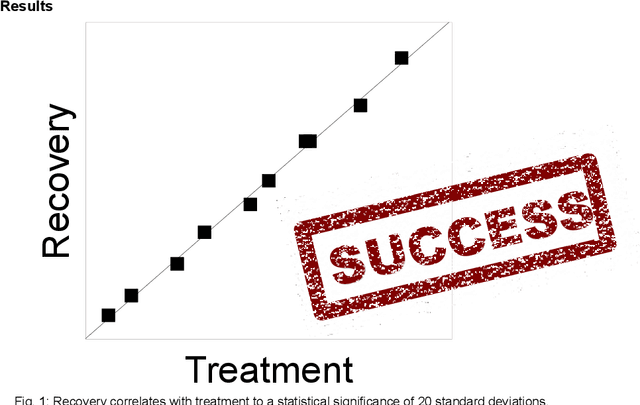Kevin J. Resch
Inferring causal structure: a quantum advantage
Jun 19, 2014
Abstract:The problem of using observed correlations to infer causal relations is relevant to a wide variety of scientific disciplines. Yet given correlations between just two classical variables, it is impossible to determine whether they arose from a causal influence of one on the other or a common cause influencing both, unless one can implement a randomized intervention. We here consider the problem of causal inference for quantum variables. We introduce causal tomography, which unifies and generalizes conventional quantum tomography schemes to provide a complete solution to the causal inference problem using a quantum analogue of a randomized trial. We furthermore show that, in contrast to the classical case, observed quantum correlations alone can sometimes provide a solution. We implement a quantum-optical experiment that allows us to control the causal relation between two optical modes, and two measurement schemes -- one with and one without randomization -- that extract this relation from the observed correlations. Our results show that entanglement and coherence, known to be central to quantum information processing, also provide a quantum advantage for causal inference.
* 17 pages, 6 figures. Comments welcome
 Add to Chrome
Add to Chrome Add to Firefox
Add to Firefox Add to Edge
Add to Edge